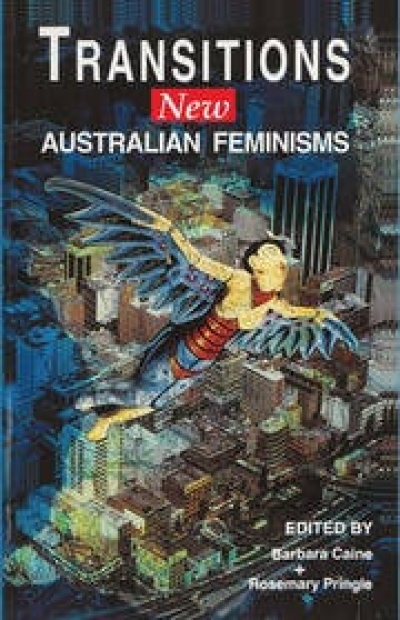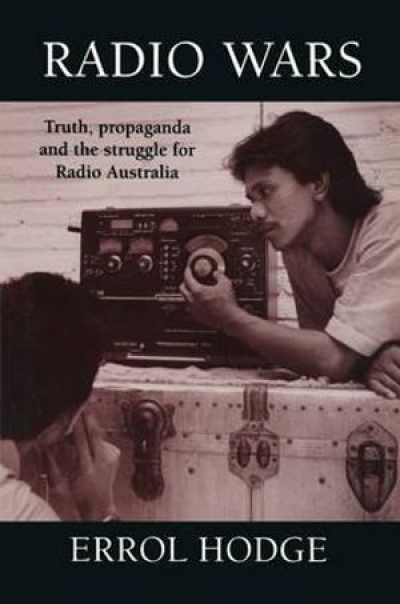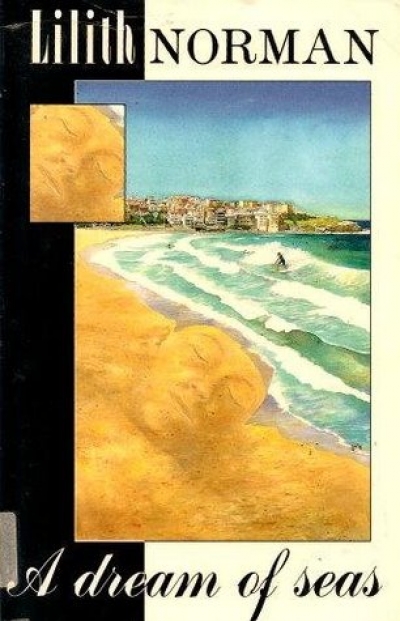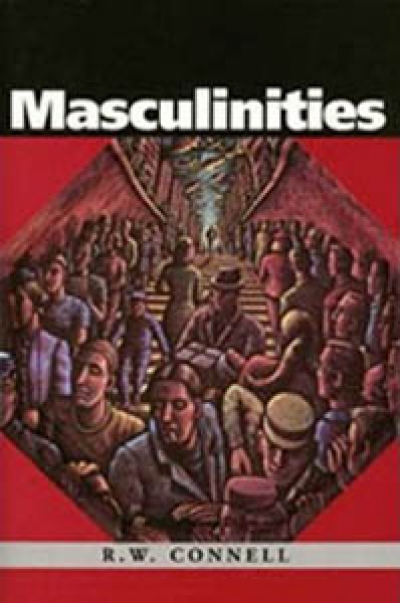Archive
Transitions: New Australian feminisms edited by Barbara Caine and Rosemary Pringle
Radio Wars: Truth, propaganda and the struggle for radio Australia by Errol Hodge
A Dream of Seas by Lilith Norman & The Secret Beach by Jackie French
We are the stories we tell. We need our stories: they make us feel real. Stories give to our personal experience the particular shapes and cohesiveness we call ‘self’. When we enter into new friendships, when we fall in love, we tell our stories. The closer we draw to people, the more of our stories we are willing to risk. ‘Risk’ is always a factor. If we fall out with our closest friends, if love turns to enmity, the stories which are us may be stolen from our telling, and reshaped with malicious intent, putting at peril our cohesiveness, pressing us into despair, pushing towards the fragmentation of self we call madness. The stories which make us strong, self-confident, keep us vulnerable as well. Stories are easy to steal.
... (read more)








